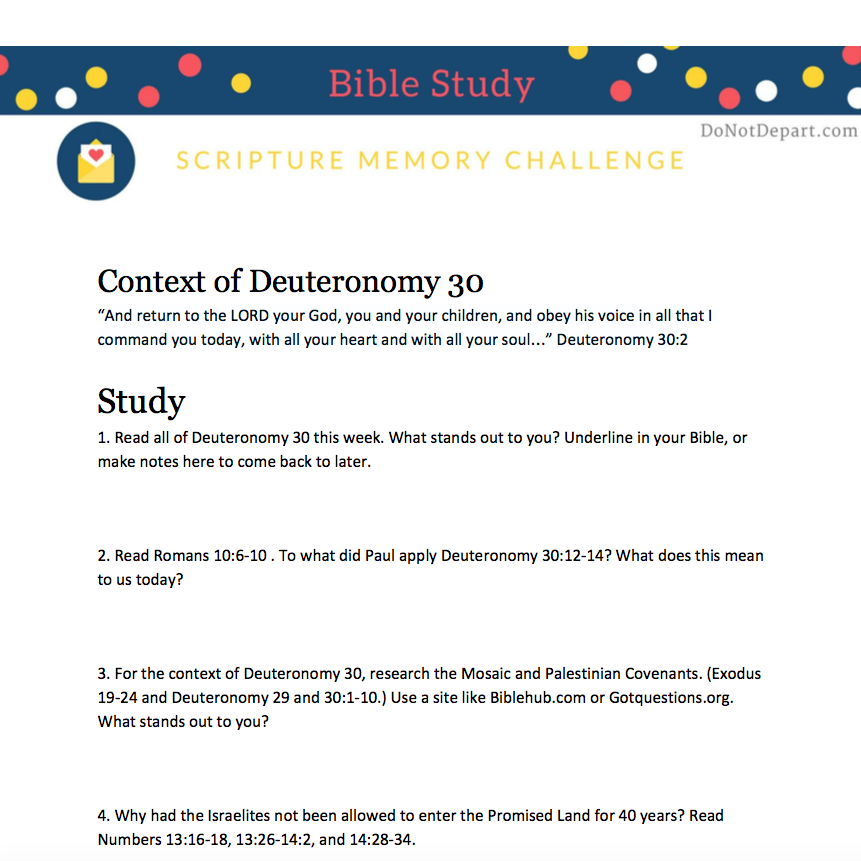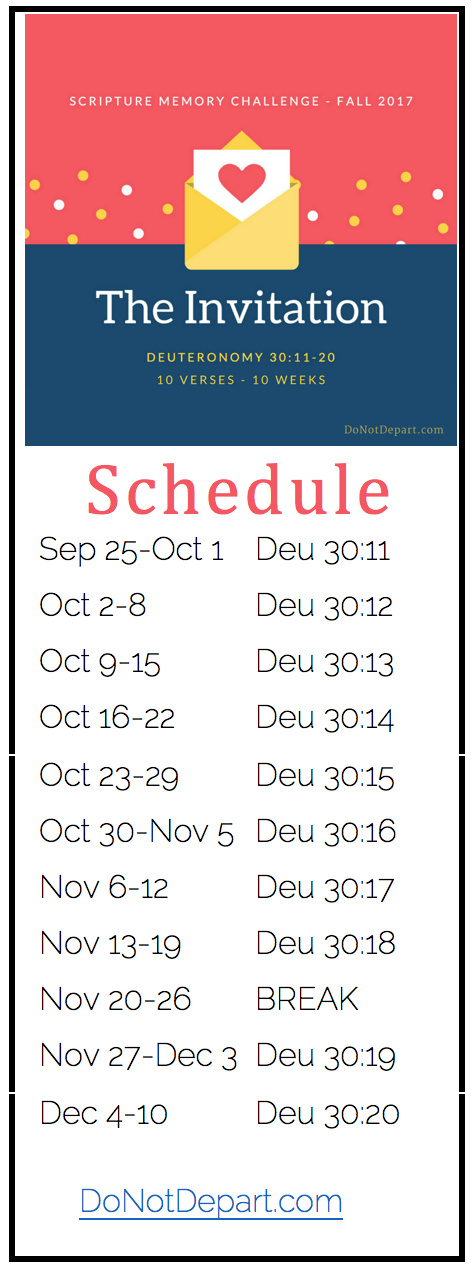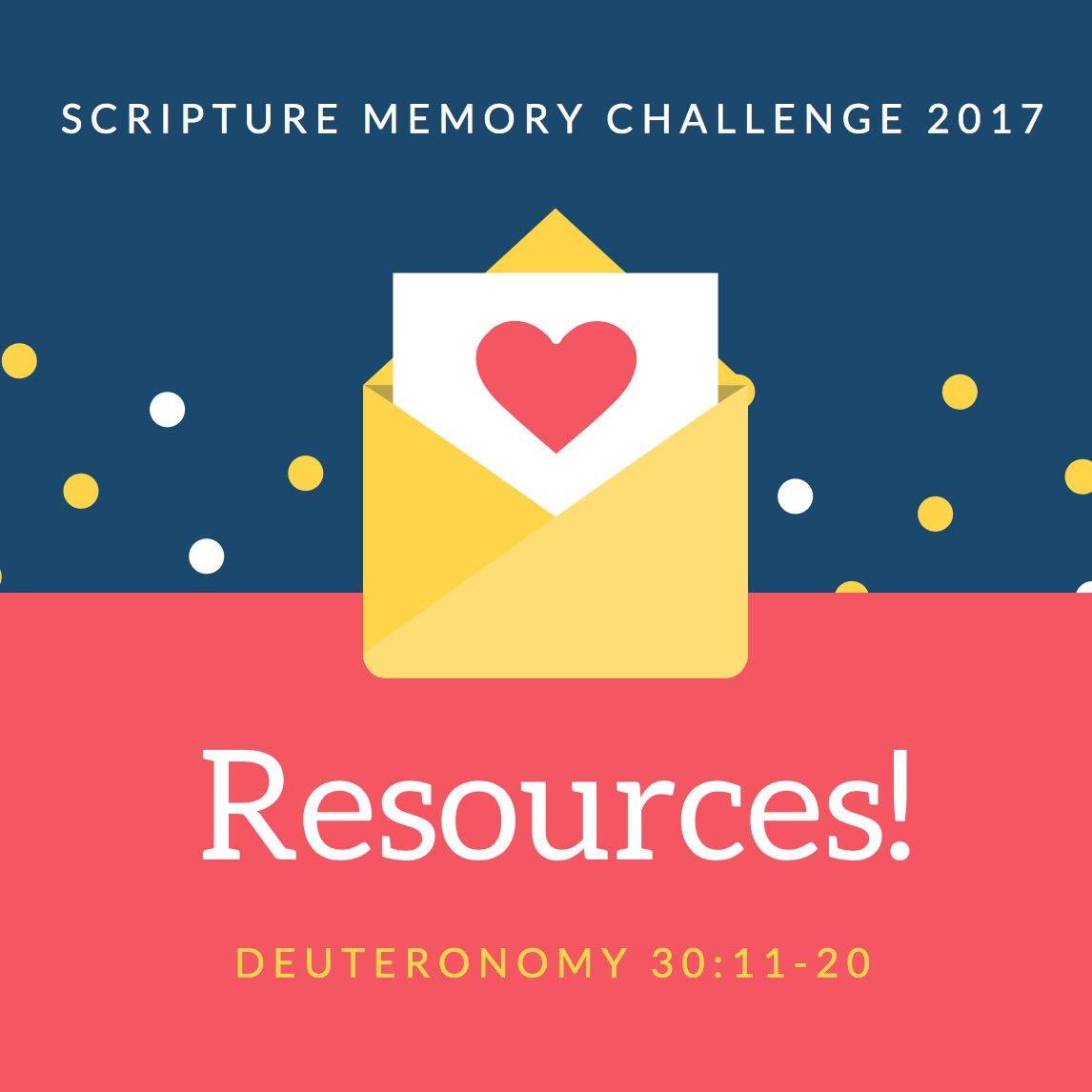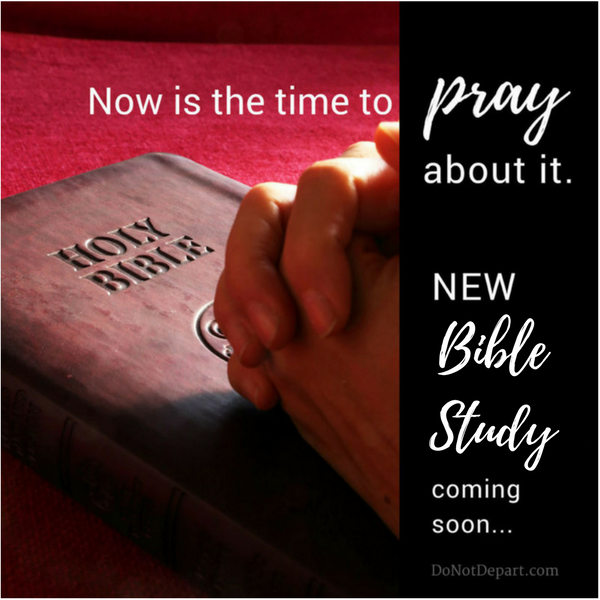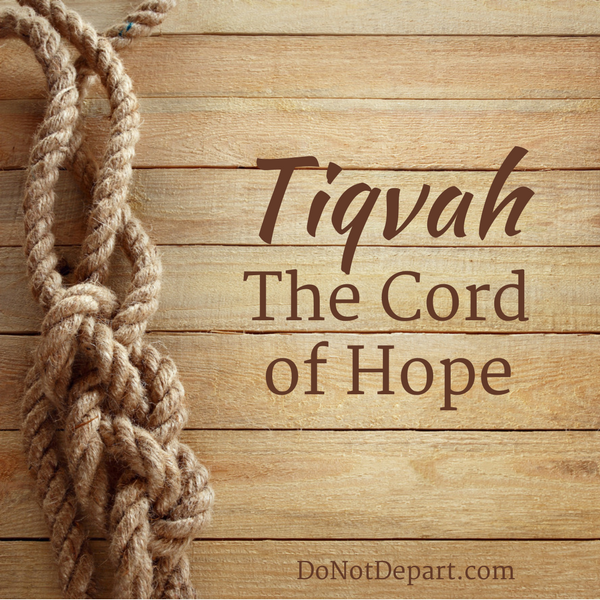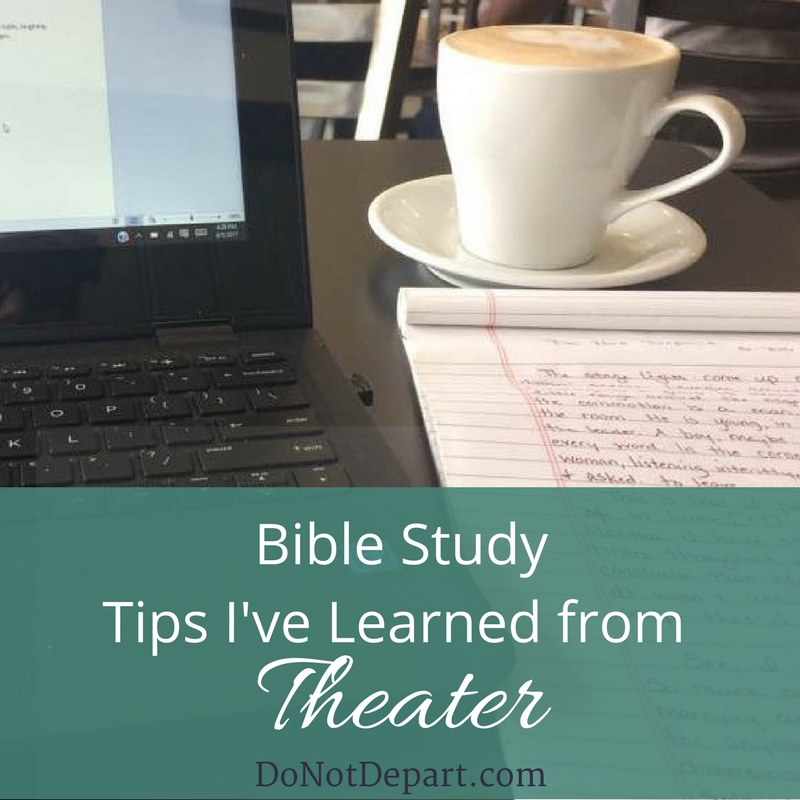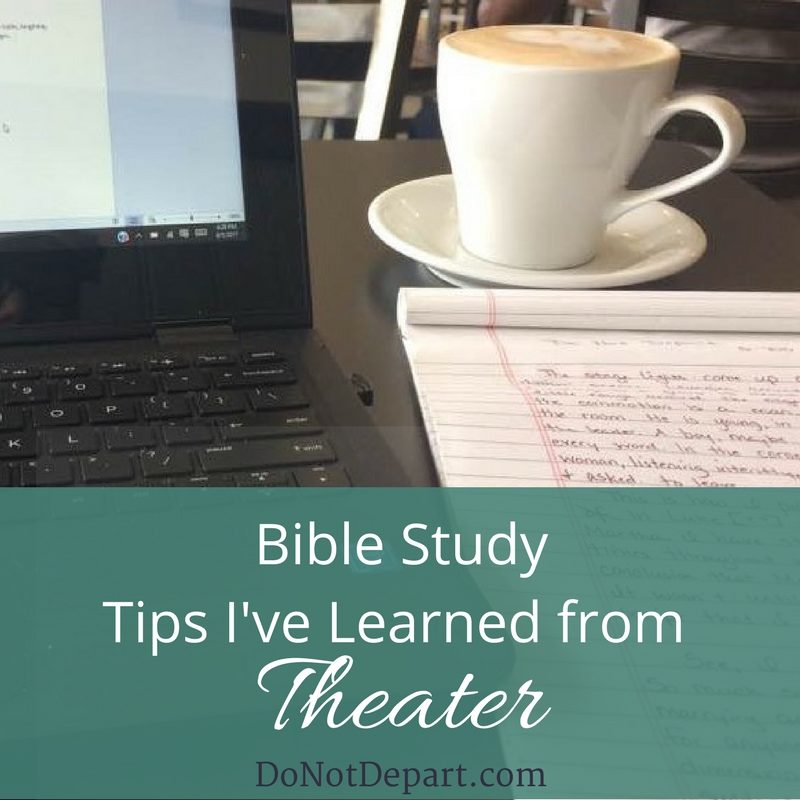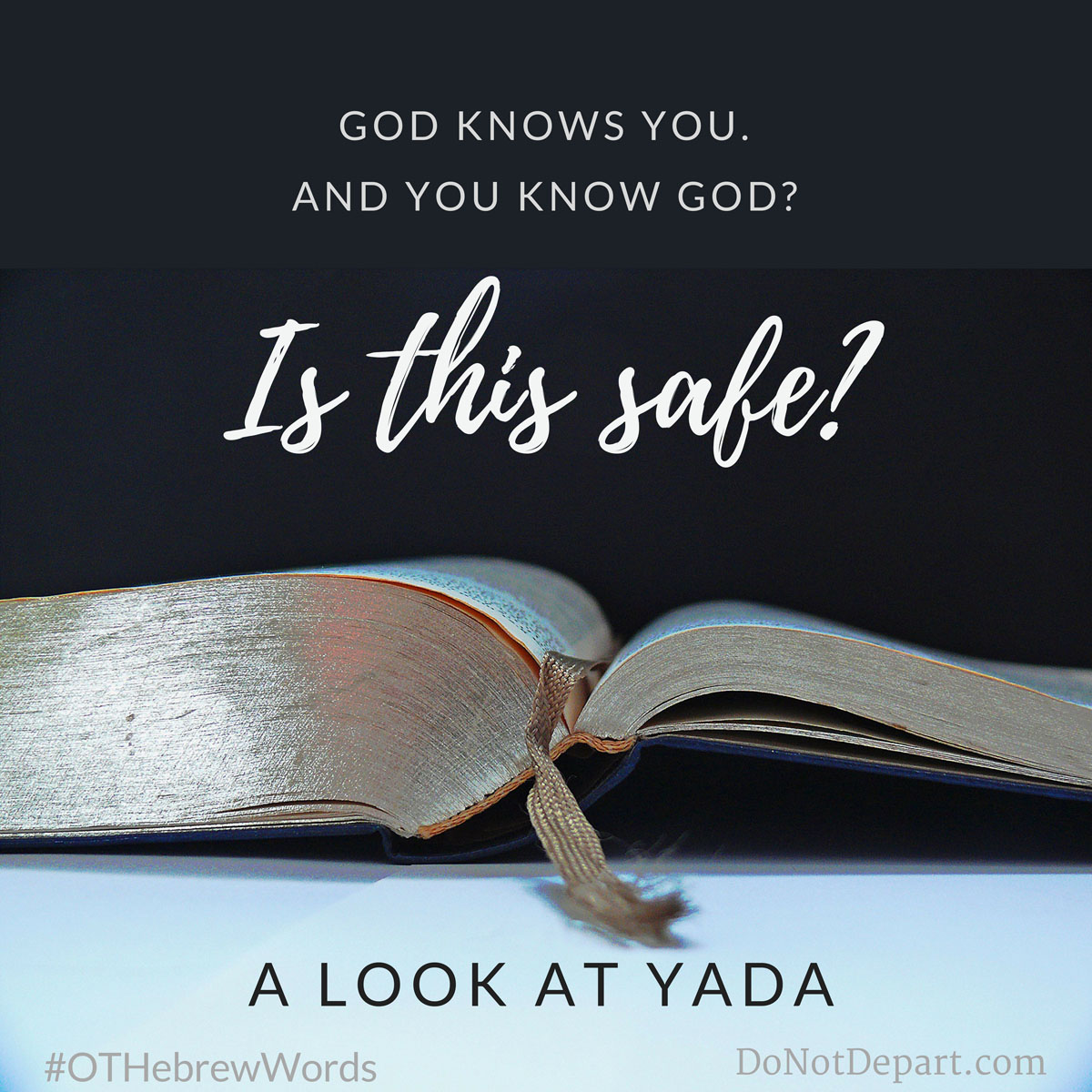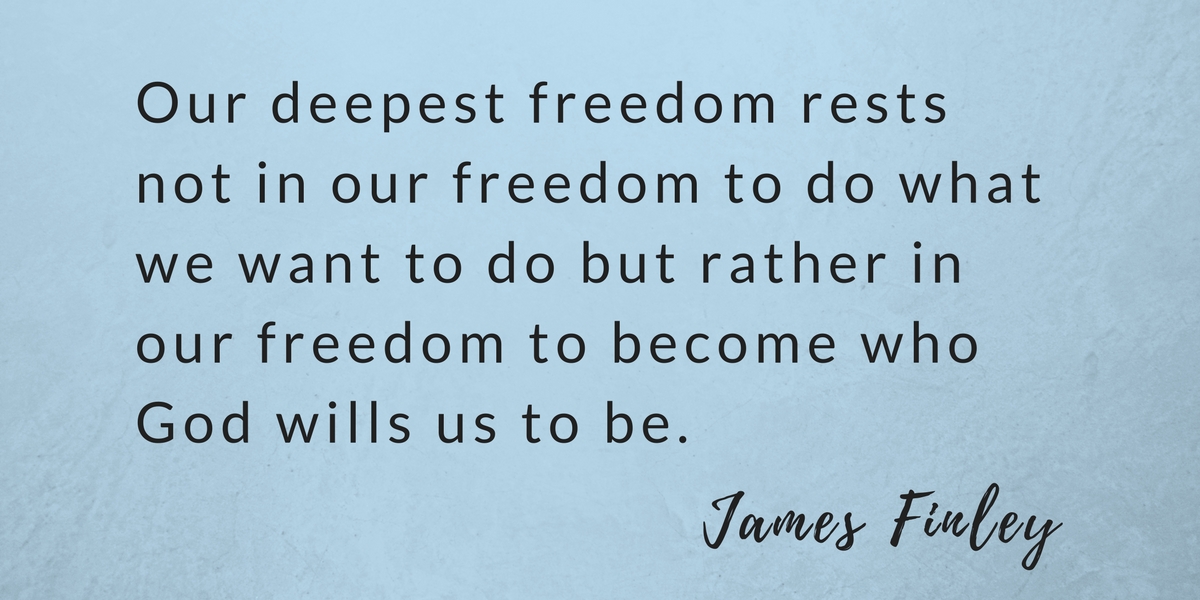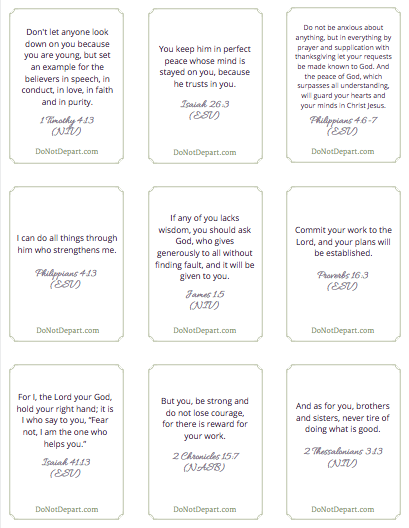I remember trying to teach my young dog how to mind me when going on walks. Right before I opened the gate to leave our country yard and enter the open, wild world around us, I’d make her sit, shake, beg, and do whatever tricks she knew. The purpose was to get her entire attention focused on me and remind her that I was in charge. I needed to establish my authority before heading out so that during the walk she’d obey my commands.
I wanted to invite her to come with me, enjoy the “land before us,” and heed my voice along the way.
The context of Deuteronomy 30 is just a little bit like that.
After wandering through the desert for 40 years following God through Moses’ leadership, the Israelites were finally ready to enter the Promised Land. But before they did, God needed to get their entire focus and remind them of His authority and the importance of obeying His commands.
In Deuteronomy 29, the Lord gave the Israelites a new covenant that we today call the “Palestinian Covenant.” This covenant was made in addition to to the covenant he’d already given at Sinai (or Horeb, see Deut 29:1), which we call the “Mosaic Covenant.” You can read more about the Palestinian Covenant here.
The covenants that God made with His people set them apart for holiness and obedience.
“And return to the LORD your God, you and your children, and obey his voice in all that I command you today, with all your heart and with all your soul…” Deuteronomy 30:2
But though God knows what’s best for us, we often think we do. The Lord knew that the Israelite nation wouldn’t always be obedient; they’d proven that time and again. But in the beginning of Deuteronomy 30, our loving Father shares a prediction of how He will regather Israel together after the disobedience that would scatter them among the nations.
It was in great love for His children that He made covenants and promised a regathering.
That same strong love– the love that wants our good and His best for us eternally– is still offered to us today. In the introduction to our memory challenge, Lisa said, “As Moses invited the Israelites to choose—life or death, good or evil—so God also invites us to choose.”
And that’s what brings us to verses 11-20 that we’ll be memorizing and studying over the next 10 weeks. We are invited to choose.
We’re invited to choose to obey our Lord, to focus our attention on His loving authority, and to remember His nearness. Just as the Israelites stepped out of the desert and into the Promised Land, and as my sweet dog stepped out of our yard, we step out in faith each day — into relationships with family and friends, into the tasks of the day, and even into the wild world around us.
As we go, we’re invited to walk in the Lord’s love and keep His commandments, receiving His blessings, and shining Jesus’ light on those around us.
Let’s cling to Him today, and every day!
“…love the LORD your God, obey Him, and remain faithful to Him. For He is your life, and He will prolong your life in the land the LORD swore to give to your fathers Abraham, Isaac, and Jacob.” – Deuteronomy 30:20, HCSB
Are you ready for some homework? Here’s your first printable for this Bible study series, on the context of Deuteronomy 30:
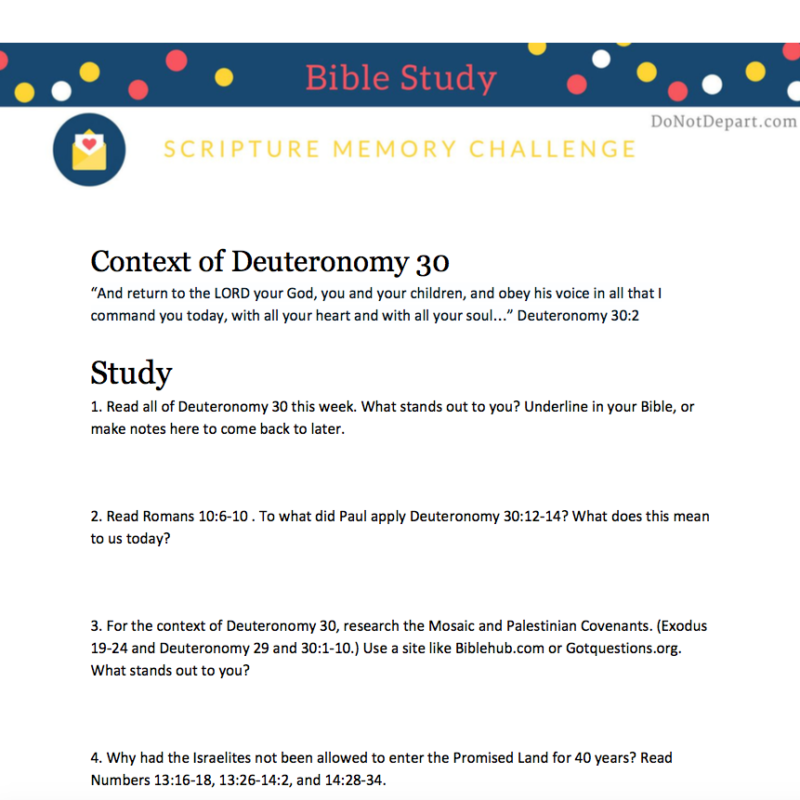
Study Sheet Context Deuteronomy 30
